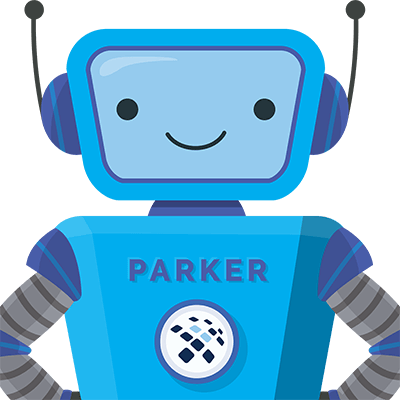UNIX vs. Linux Machines
Park Place Hardware Maintenance
A Compare and Contrast List
UNIX- and LINUX-based systems share a history and a common foundation. They also share a file system layout and many programming APIs. In fact, many of the utilization tools for Linux were originally developed as free alternatives to the standard commercial implementations. Both UNIX and Linux have been decades in the making, but which one is better today? Let’s take a look.
UNIX
The original UNIX operating system dates back to 1969. It was created by AT&T, but the UNIX OS now exists only as one of several vendor-specific variants. These include Sun’s Solaris, Hewlett-Packard Enterprise’s HP-UX, and IBM’s AIX platforms. Each vendor implementations is custom-designed to complement the company’s hardware devices.
Advantages
- UNIX has seniority, with more than 40 years of proven reliability.
- It was born to run, for a long, long time.
- The OS itself is quite versatile, although vendor implementations can be restrictive.
- It is known to be secure and widely scalable across a large number of processors.
Disadvantages
- UNIX exists only in proprietary implementations that require expensive hardware.
- Vendor lock-in is almost a given once an investment is made in a technology direction.
- UNIX requires expert-level administration and no single or common GUI standard exists.
- The closed source system does not allow for client-side changes to the underlying OS code.
LINUX
Linux was created in 1991 as a free software alternative to the commercial UNIX environments. It targeted a much wider range of less costly hardware, such as the Intel and AMD x86 platforms.
Advantages
- Linux shares the bulletproof reputation of its UNIX forefathers.
- Cost-efficiency can be high, as most Linux implementations are free.
- The open source code allows for full customization.
- Linux is platform independent and can run on desktops, servers, network appliances, laptops, handheld devices, embedded systems, and phones, so it is spreading far in the IT wilds.
Disadvantages
- There is no single source or manufacturer to turn to for help, so IT must select a third party vendor if assistance is needed.
- Issues with peripheral support are not uncommon.
UNIX grew up as the “go to” OS for large corporations. No other operating system was able to leverage the same multiprocessing power.
The landscape has changed, however. Linux now exists as a mature OS, and the cost-savings when compared with comparable UNIX implementations, which require proprietary hardware, have driven UNIX into the fringes. Existing systems that represent a sizeable investment and offer a difficult or unclear migration pathway still exist on UNIX, but few new projects are undertaken.
Linux has made such rapid advancement that companies like Google run their search engine algorithm operations on Linux servers. The Linux kernel is also the basis for the popular Android mobile OS.
In a world gone mobile and multi-platform, Linux may possibly be the future.



